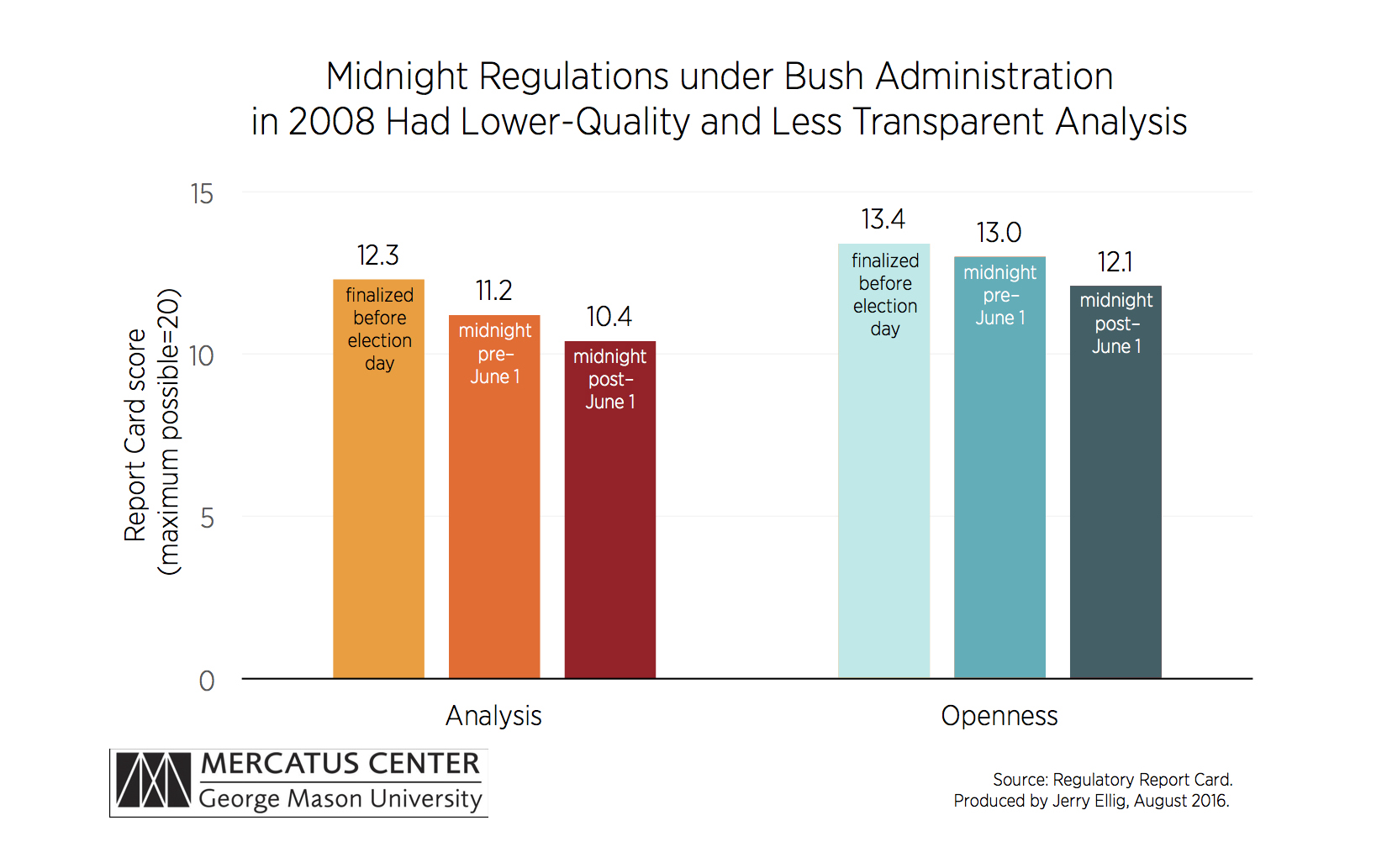Editor’s Note: Gabriel Wedy is a Brazilian Federal Judge, PhD and Master in Law. He is also a Visiting Scholar at Sabin Center for Climate Change Law at Columbia Law School – USA and a Professor of Environmental Law Coordinator at the School of Magistratura- Esmafe / RS. The text below has been translated. Judge Wedy’s original Portuguese text of is available here.
From: Consultor Jurídico
